In the project Linking child health and the Sustainable Development Goals in Cambodia, SEI partnered with Karolinska Institutet to explore interactions between child health and other dimensions of the 2030 Agenda in Cambodia.
Using the SDG Synergies approach, a systematic assessment of how the SDGs influence child health and vice versa was carried out. Over a two-day workshop in August 2020 in the Phnom Penh area, 29 government and non-government stakeholders discussed and scored interactions across 17 Cambodian Sustainable Development Goals.
The results revealed that child health is closely intertwined with a broad range of issues across the sustainable development agenda. Improved child health was assessed as critical for progress in poverty reduction, quality education, and decent work and economic growth. In turn, child health is strongly influenced by clean water and sanitation, and sustainable cities and communities.
When also considering indirect effects, peace, justice and strong institutions came out as a strong enabler of improved child health. A case in point of this is the ID-Poor program which has served as a platform for multisectoral collaboration on various health and non-health issues targeting the poor in Cambodia and strengthening the institutional frameworks. However, the flip side of the strong positive influences on child health from progress in other sectors is that lack of progress, or even regression, in other areas could have important negative consequences on child health. In light of this, institutional upheaval over the last decade including alarming trend of limited control of corruption and shrinking space for civil society risks undermining progress on child health if not reversed.


